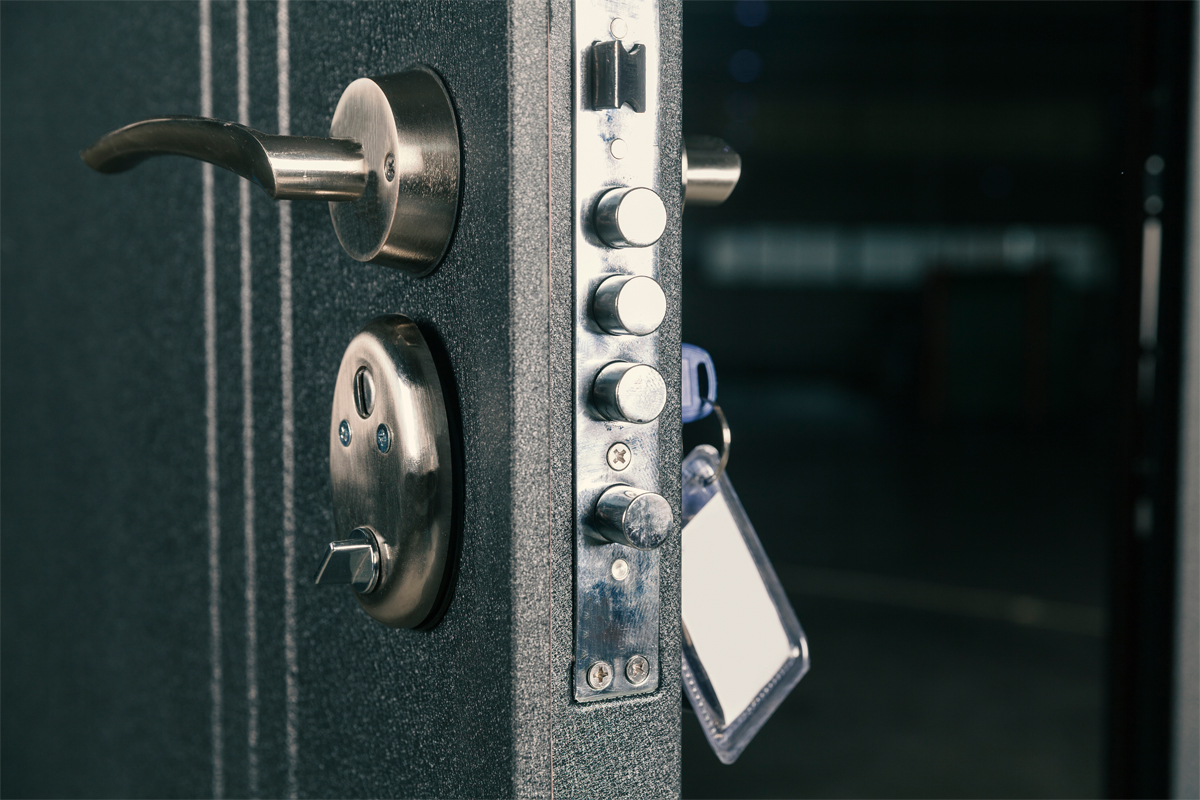Zinc Alloy Die-Casting
Advantages and Applications of Zinc Die Casting
We utilize 40 die casting machines with tonnages ranging from 80 to 300 tons, enabling the production of both small and large batches of zinc die castings. Zinc die casting technology offers several advantages:
- High Precision: capable of achieving tight tolerances and stability.
- High Efficiency: utilizes hot chamber casting for rapid production cycles, suitable for high-volume manufacturing.
- Cost Effectiveness: reduces overall production costs with high efficiency, low tooling costs, flexible production speeds, and significant economic benefits.
- Long Mold Life: zinc's lower melting point (approximately 419.5°C) reduces mold wear, leading to mold life of over 200,000 cycles, minimizing downtime and boosting productivity.
- Excellent Surface Quality: smooth surface finishes on zinc castings often eliminate the need for secondary operations, reducing production steps and costs.
- Thin Wall Casting: Zinc's superior fluidity allows for the production of complex and precise thin-walled designs with good tensile strength.
- Corrosion Resistance: zinc alloys exhibit strong corrosion resistance, suitable for various harsh environments.
- Environmental Friendliness: highly recyclable and reusable, recycled zinc maintains its physical and chemical properties, aligning with environmental and sustainability requirements.
The characteristics of zinc die casting emphasize its versatility and efficiency, rendering it an optimal choice for a wide range of applications. Its capacity to produce high-quality outputs effectively addresses the stringent requirements of industrial standards.
Here is a simple comparison between zinc die casting and aluminum die casting: there are widespread applications for zinc die casting technology in the following sectors:
- Automotive Industry: manufacturing automotive components such as door locks, window regulators, and dashboard parts.
- Electronics: producing electronic product casings, connectors, and heat sinks, with outstanding thermal conductivity and electromagnetic shielding properties.
- Communications equipment: fabricating various components for communication devices, ensuring high precision and stability.
- Household Appliances: manufacturing parts for household appliances, including electric tool casings and handheld device components.
 |
 |
| Feature | Zinc Die Casting | Aluminum Die Casting |
|---|---|---|
| Precision | High, stable size control, suitable for high precision needs | High, suitable for complex shapes and precise dimensions |
| Efficiency | High, fast production speeds, suitable for high-volume demands | High, suitable for large-scale production |
| Weight | Heavier, higher density | Lightweight, contributes to product light-weighting |
| Mechanical Properties | Lower, strength and hardness not as good as aluminum alloys | Excellent, high strength, high temperature resistance, corrosion resistance |
| Thermal Conductivity | Lower, not suitable for high-efficiency heat dissipation applications | Excellent, suitable for efficient heat dissipation |
| Machinability | Excellent, good machinability, high surface quality | Good, easy to machine and surface treat |
| Environmental Friendliness | Good, easy to recycle and reuse | Good, recyclable with minimal environmental impact |
| Cost | Lower, lower production costs, significant economic benefits | Higher, higher raw material and processing costs |
| Mold Life | Long, zinc alloy molds can exceed 200,000 cycles | Moderate, limited by wear |
| Size Limitations | Few, suitable for complex and precision structures | Yes, suitable for small to medium-sized precision components |
Zinc die casting is renowned for its exceptional precision, excellent surface quality, and cost-effectiveness in the manufacturing of small electronic components, locks, and decorative items. Chi-Tai is committed to technological innovation, delivering high-quality zinc die casting solutions that ensure product accuracy and economic viability.
